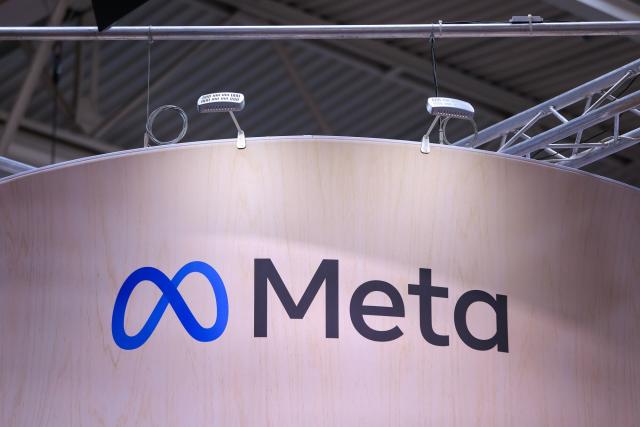On Monday, the U.S. Supreme Court heard Meta’s (Facebook) plea to dismiss a private securities fraud lawsuit alleging the social media platform of deceiving investors in 2017 and 2018 about its and third parties’ data misuse
The justices accepted Facebook’s appeal of a lower court’s decision to permit the continuation of a shareholder litigation initiated in California by Amalgamated Bank.
The court will hear the case during its upcoming term in October.
After media reports that the British political consulting firm Cambridge Analytica had unlawfully harvested Facebook user data in connection with Donald Trump’s successful presidential campaign in 2016, the plaintiffs filed a class action lawsuit 2018 after Facebook’s stock fell.
The Cambridge Analytica breach compromised the data of up to 87 million users.
In 2018, the plaintiffs amended their lawsuit to include a second stock decline that year in response to reports that Facebook had shared data with dozens of third parties without users’ explicit consent. Unspecified monetary damages are the subject of the lawsuit.
The plaintiffs accused Facebook and its top executives of violating the Securities Exchange Act of 1934 by making false and misleading statements in 2017 and 2018.
These statements included the assertion that user data could be compromised, even though the company was aware in 2015 that Cambridge Analytica had violated its privacy policies.
In 2021, U.S. District Judge Edward Davila dismissed the shareholders’ lawsuit. However, the 9th U.S. Circuit Court of Appeals in San Francisco reinstated their claims in a 2-1 ruling.

Judge Margaret McKeown wrote in the 9th Circuit decision, “The issue is that Facebook portrayed the risk of improper access to or disclosure of user data as purely hypothetical, even though the exact risk had already occurred.”
Facebook urged the justices to consider its appeal, contending that the 9th Circuit’s decision would “require public companies to disclose incidents that have occurred in the past but do not pose a threat to the business.”
The Cambridge Analytica data breach sparked government investigations into Facebook’s privacy practices, lawsuits, and a U.S. congressional hearing during which legislators questioned Meta Chief Executive Mark Zuckerberg.
Facebook settled a separate class action lawsuit by Facebook users for $725 million and paid over $5 billion in penalties to U.S. authorities in response to the Cambridge Analytica scandal.



